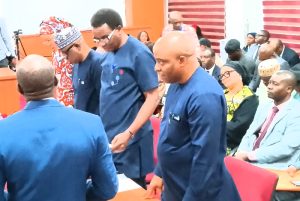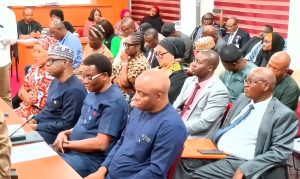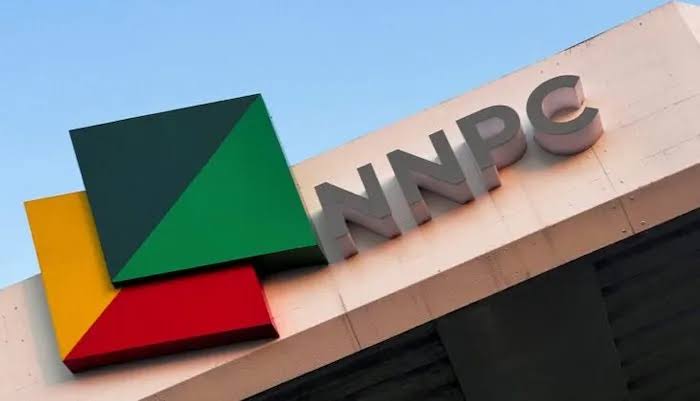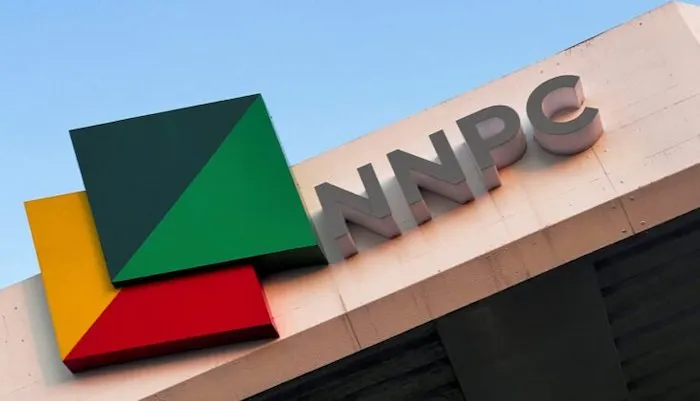By Eric Isagba
It has become so indubitably clear to Nigerians and indeed the entire world that since his assumption of office as the NNPCL helmsman few months ago Bayo Bashir Ojulari has inadvertently assumed the role of Hercules in Greek mythology who was saddled with the responsibility of cleaning the stable of King Augeas of Ellis messed up by over 30, 000 horses and were never cleaned for thirty years.
The modus operandi adopted by Hercules to achieve this great feat via the opening of two rivers to flow through the stable and thus clearing the entire mess in one fell swoop was considered a miracle that has continued to baffle mankind.
NNPCL as the numero uno cash cow of the country has continuously and habitually been infested with all manners of sharks or hawks ferociously drawing blood without restrain to the detriment of the Nigerian economy.
Left to foster for many decades the recent reforms introduced by Bayo Bashir Ojulari and his puritanical team since assumption of office can therefore only be seen by the detractors’ wolves as outrageous for their only source of cutting a large chunk of sleazy cake off Nigeria has been cut off.
But was Bayo Bashir Ojulari expecting to have a smooth sail? Definitely not. Just in case he has forgotten, he needs some reminding that those he’s dealing with are a formidable force that cuts across all sectors of the economy. The cartel were so mean that even without importing petroleum products into Nigeria they were paid subsidies that ran into millions of dollars not minding whether the economy was bleeding to death or not. And with the alleged active connivance of top shots of NNPCL this large scale corruption went on unabated till the new Sheriff came to town. What with constant low production of crude across the nation and the never ending TAM scandals gulping several billions of dollars in our refineries that continually embarrassed different government until PBAT came into office 29th May 2023?
Curious as their mission is, the main target of the oil thieves and their collaborators (whether in government or the corporation) is to bring Bayo Bashir Ojulari down by every means possible and pave way for a new helmsman who would reopen the pipelines connecting illicit wealth to their coffers. The coordinated attempt to get down the new NNPCL helmsman at all costs is so intense that one can only ignore it at one’s own risk. From peddling of dangerous rumours, dispensation of utter falsehood by planting spurious stories in the media to crowd rental for phantom protests these wounded lions are unrelenting in their efforts day by day which underscores the fact that if their activities are left unchecked the danger ahead will be monumental.
The narrative that Bayo Bashir Ojulari as GCEO of NNPCL unilaterally awarded a N5b contract to his cronies on assumption of office is to say the least callous, trite, misguided, puerile, mischievous and intended to cause panic in the volatile oil and gas sector of the economy. Are there no systems in place in the organization with checks and balances? Again with a singular motive in mind the cartel wouldn’t stop in their messy dealings as they have also weighed in on the Kigali trip as one of their flashpoints without diligently verifying if it emanated from an existing contract inherited from the previous Management.
Authority and responsibility go parri passu which is evident in the way and manner Bayo Bashir Ojulari and his team are running the affairs of NNPCL. With his wealth of experience as a celebrated Petroleum Engineer and manager both of human and capital resources spanning over three decades in the oil and gas sector there’s no doubt that he possesses the appropriate skills to steer the ship to the required destination.
Regrettably however, one key factor necessary for Bayo Ojulari and his team to actually succeed is lacking. Political will and power which is the exclusive prerogative of Mr. President his employer. President Bola Ahmed Tinubu is the only person empowered in our country to permanently cut off the hands of all those beating the drums of war and distracting those he appointed in NNPCL to carry out his reforms in the oil and gas sector of the economy. After all no one among the cartel is faceless, they are all well known to those in the corridors of power and can as well be made to face the music of economic sabotage so the country can heave a sigh of relief.
You don’t treat cancer with kid gloves, those perpetrating this evil are well known to the authority and whatever reasons why they are still strolling in the streets of Abuja and Lagos without cooling their various heels asses in prison for acts against the State is indeed worrisome to well meaning Nigerians.
Bayo Bashir Ojulari should be allowed unfettered hands to steer the ship of the nation’s cash-cow if the country is to reap maximum benefits from nature’s endowment. This witch-hunt must stop.
_Eric Isagba, an author and management consultant writes from Oleh Delta State._
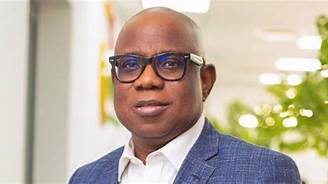
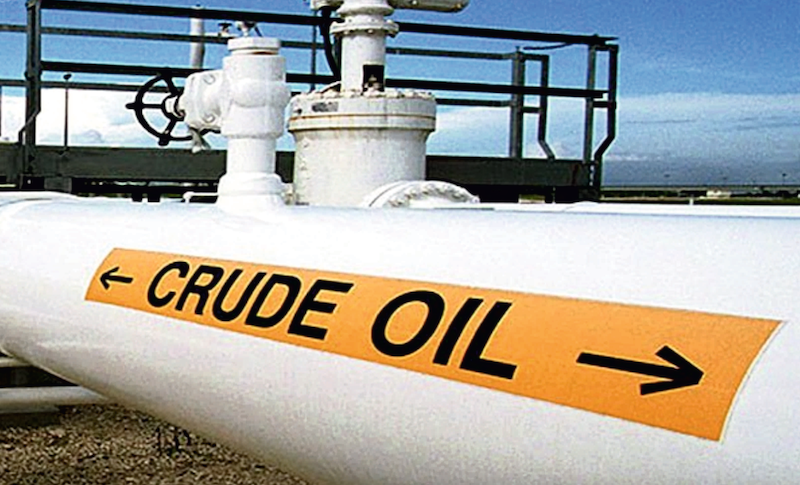
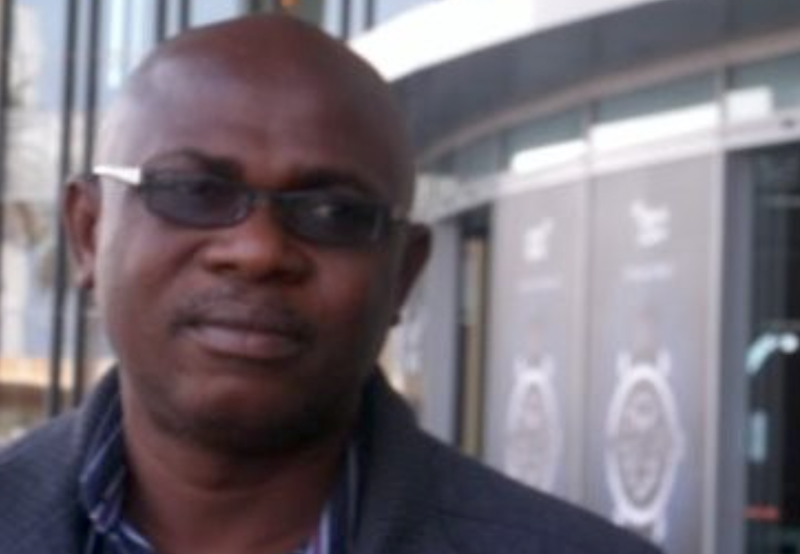

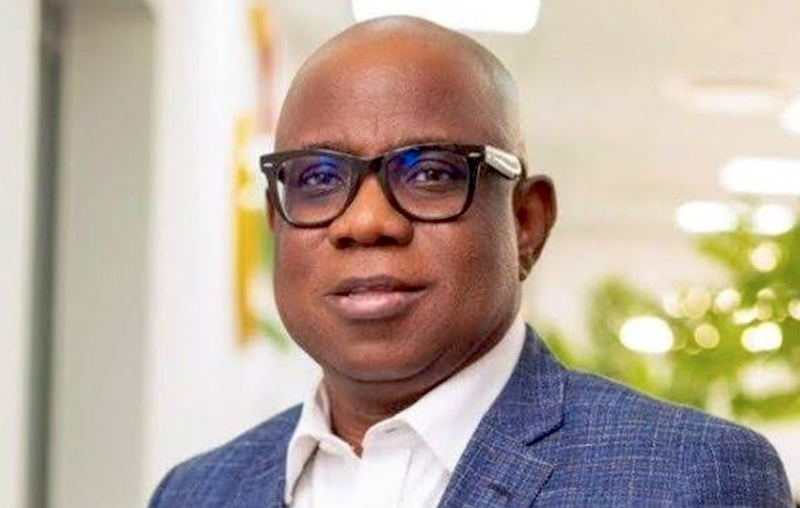
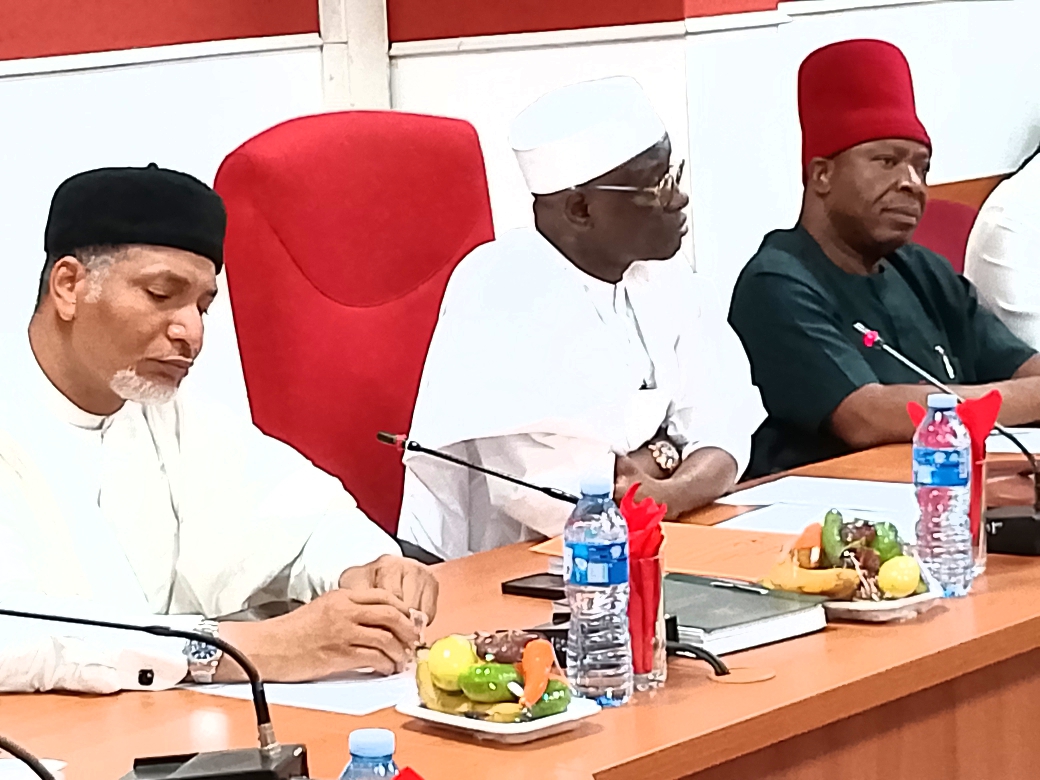
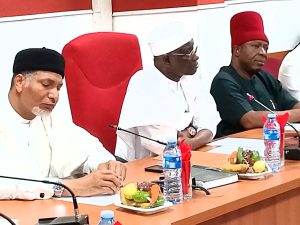 The Group Chief Executive Officer of the Nigerian National Petroleum Company Limited (NNPCL), Bayo Ojulari, came under heavy hammer from the Senate over ₦210 trillion in unsubstantiated financial entries spanning 2017 to 2023.
The Group Chief Executive Officer of the Nigerian National Petroleum Company Limited (NNPCL), Bayo Ojulari, came under heavy hammer from the Senate over ₦210 trillion in unsubstantiated financial entries spanning 2017 to 2023.